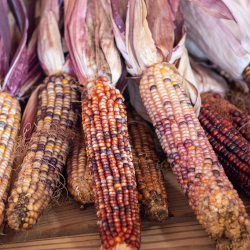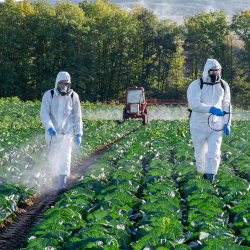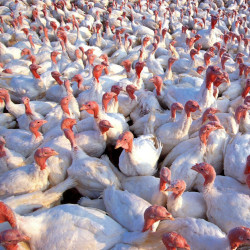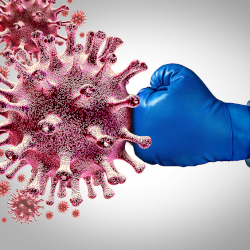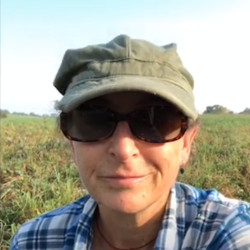“Like a pandemic, climate change is an inevitable threat that we must address before it is too late…we need to support a recovery for farmers that puts the fight against climate change and biodiversity loss at its core.”
These are not the rousing words of Greta Thunberg, Alexandria Ocasio-Cortez or Al Gore, but a message from global Ag-Tech giant Syngenta.
This kind of messaging can also be found in similar “green” campaigns from the other “big five” global pesticides producers Bayer, BASF, Corteva and FMC.
It’s not so much a road to Damascus moment for Big Ag as it is a cynical co-option of the language of transformation.
Companies that produce pesticides and GM crops, that patent seeds, that encourage large monocultures and markets that drive small farmers out of business are increasingly using greenwash words to sell their wares.
But make no mistake. Nothing will ever make these companies, whose products have directly led to biodiversity loss and accelerating climate change, meaningful participants in a better, cleaner, safer world.
It’s time to call these green fakers out.
Read ‘Investigation: How Pesticide Companies Are Marketing Themselves as a Solution To Climate Change’










